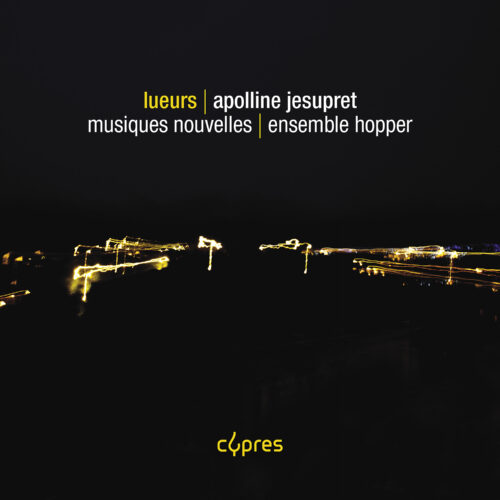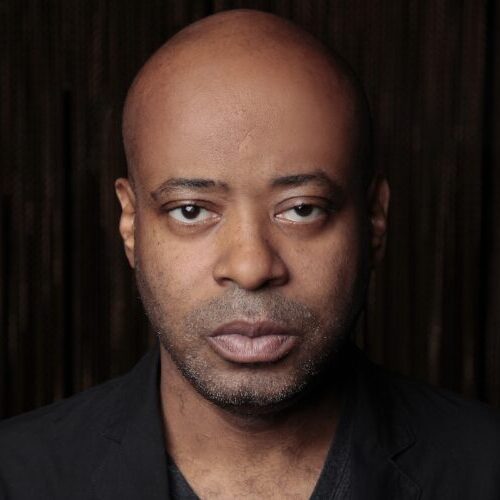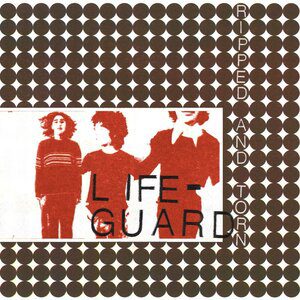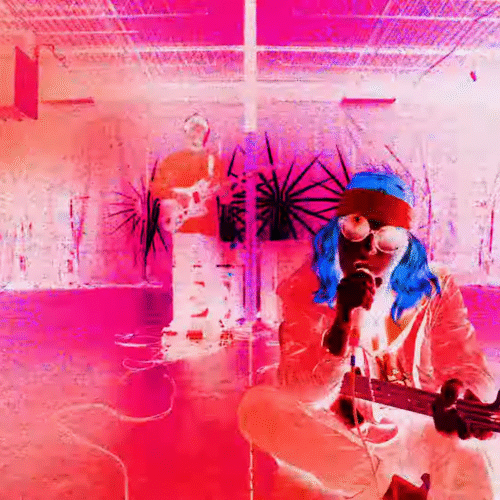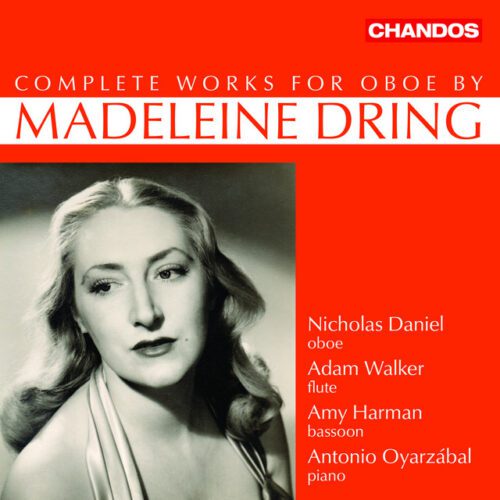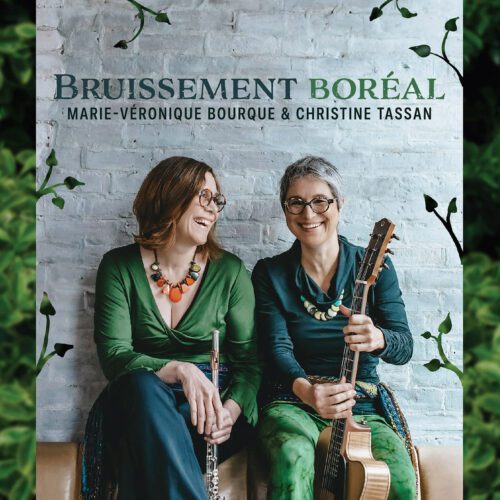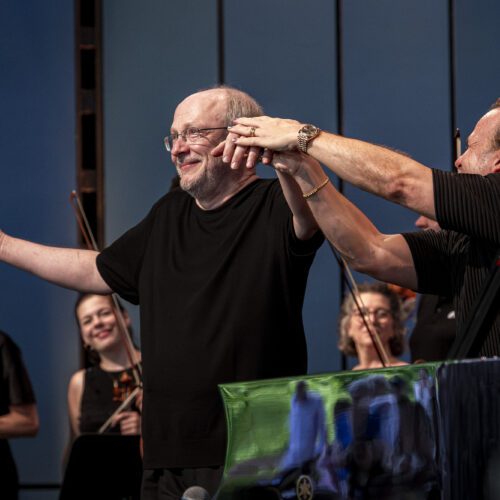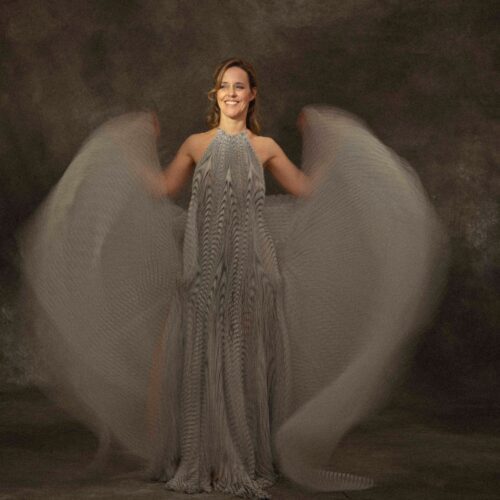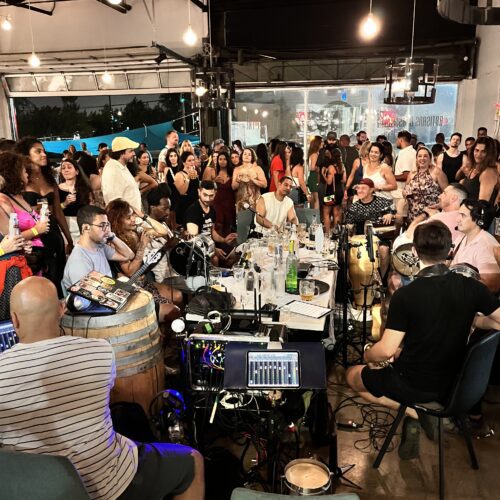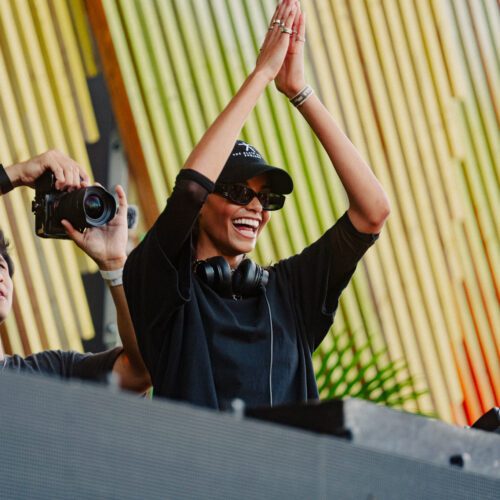Captivating and delightful. That’s how I’d sum up the music of composer Apolline Jesupret, one of the most interesting voices of Europe’s young musical generation (she is from Belgium). Jesupret is very much of her time: she constructs sonic panoramas with tangible forms and consonances, designed with renewed attention to accessible discourse and comprehensible dramatic prose, while taking care to integrate into this solid framework flourishings inherited from the abstract design of the contemporary avant-garde of the second half of the 20th century. The chromatic tonal structure is used as a springboard to create paintings of optimistic luminosity, but often shot through with shimmering fluctuations. The rhythms are positive, tending towards pulsation. In this way, Jesupret is a child of French spectralism and American minimalism (Michael Torke comes to mind).
She also crosses the limits long imposed by the rigorous musical dictatorship of the post-war era (Second World War, kids!). The jingles of McDonald’s, Coca-Cola and Google are summoned up with delicious irony in “OK Gaïa”, a play on words with “OK Google” that reminds us that we are asking more and more of our planet… Also: a quirky reinterpretation of Brel’s Valse à mille temps, where the accompanying musicians speed up diabolically while the singer (Sonia Lardy, soprano) remains somewhat steady. A successful metaphor for our lives, in which we sometimes end up feeling totally overwhelmed by events, or even by the accelerated pace of new inventions that are supposed to make our lives easier. The Efflorescence suite, six miniatures for guitar, percussion and piano, invites us to plunge into a pleasant personal garden, in which six emblematic flowers (Ancolie, Glycine, Hellébore, Pivoine, Jasmin and Hibiscus) blossom to the sounds of performers as precise as they are sensitive. Et sous Mossoul is logically more tormented, taking us back to the war in Iraq, but manages to express a great deal of humanity thanks to Siham Djabbar’s poem, sung in German. Jesupret’s instrument, the piano, is well served with two magnificent scores: Lueurs immergées (what a beautiful title) for solo piano and the concerto A Butterfly’s Dream, inspired by ancient Chinese philosophy. These are two creations imbued with a bewitching magic of fantastic colours and textures.
Remarkable performances by the artists and ensembles involved: Nouvelles Musiques conducted by Jean-Paul Dessy, the Ensemble Hopper conducted by François Deppe, soprano Sonia Lardy and Apolline Jesupret herself at the piano. An album that sets a brand new, and encouraging, standard for contemporary Belgian music.
